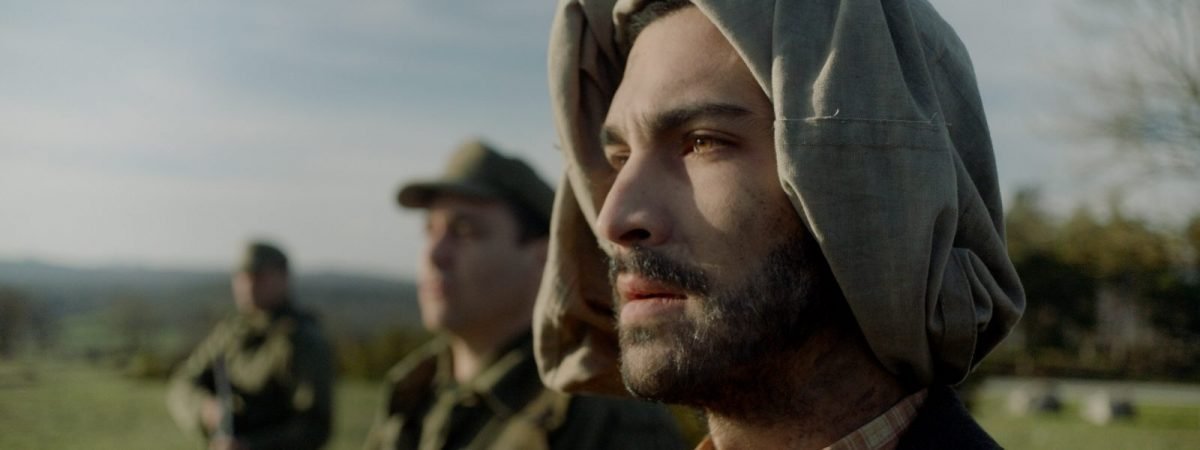A Twelve-Year Night, inspired by the true events and based on the book “Memorias del Calabozo” by Mauricio Rosencof and Eleuterio Fernández Huidobro, who, along with José “Pepe” Múgica, were imprisoned in solitary confinement. They were on the constant move and spent 12 years in forty jails during the military dictatorship that ruled Uruguay starting from 1973.
The narrative at its outset seems like a prison drama about the terror of living in solitary confinement over the course of years, and it does stay true to the template, but Alvaro Brechner is more interested in the minute aesthetics of an individual undergoing cognitive and physical collapse, and that separates the film from the genre cliche.
The film captures the horror of atrocity and psychological trauma inflicted on the three Uruguayan political radicals. One of the Military officers passes a brutal remark, “We should have killed them at the time; now we’re going to drive them insane,” and the film stands true to the word for portraying it. They were robbed of their basic human rights, refused to the minimum amenities like the books, newspaper, toiletries and fresh food, and left to rot in their cells. They were not allowed to speak to anyone or go out in the open space thus traumatising them within the confinement of the walls and lack of human connection.

A Twelve-Year Night in its first act succumbs to prison drama genre tropes as the building of the characters and creating the necessary ecosystem feels pedestrian. But the film gains momentum in the second act. Jailed in solitary confinement with no hope, nothing tangible to hang on to, walls of despair closing in as the time loses its existence, the consciousness that makes us human steadily starts decaying. Unexpressed emotions start eroding inside. The lack of any tangible stimuli leads to a disorienting feeling that has been painfully captured in hallucinatory scenes. The feeling of humongous emptiness is the only emotion left to feel.
The only thing that can not be stripped off from a naked person is his imagination. Alvaro Brechner explores this human aesthetic, and all the three actors deliver the nuanced performances required to make it believable. In one of the most beautifully shot and performed scenes, Mauricio Rosencof is offered a book and pen in exchange for writing a love letter on behalf of soldiers. He smells the pages of the book from one end to another. The fluttering sound of turning the pages felt mellifluous. He takes a long pause while looking at the pen. And he smiles. He does take advantage of his writing skills but it doesn’t last long.
The only thing that felt topsy-turvy is the scene showing the mental disorientation and psychological breakdown, initiated by the electric shock and penetration of an object in the head. It involves the fast-cutting editing but that is poorly done. It is over thought but under-written and doesn’t add up to convey the desired feeling.
The cinematographer Carlos Catalán drew the inspiration from Dave McKean’s illustrations in the graphic novel Arkham Asylum. The well thought cinematography to illustrate the feeling of struggle in the isolation and descend into spatial, mental and temporal disorientation combined with editing and melancholic score, creates a feeling of suffocation, cruelty and abuse that the viewer personally experiences both physically and mentally.


